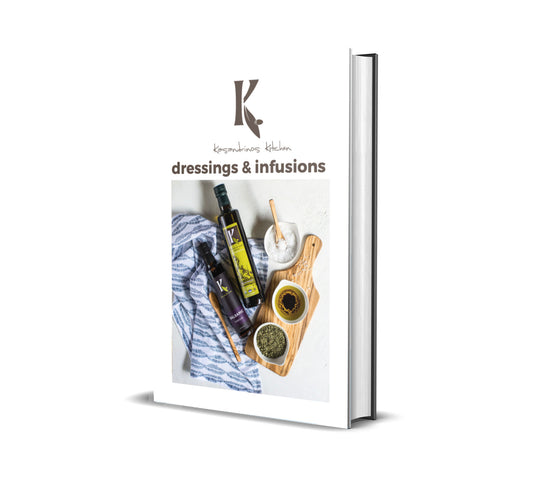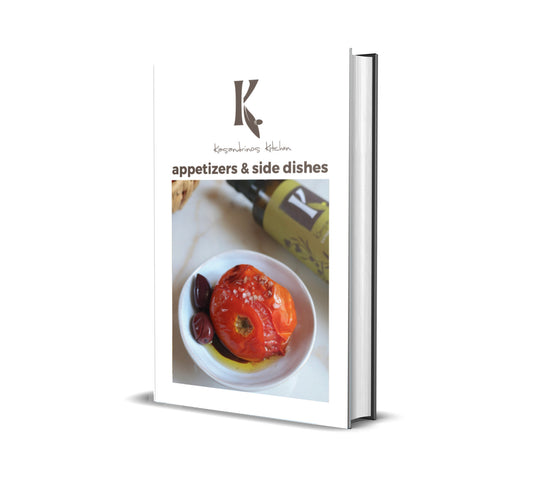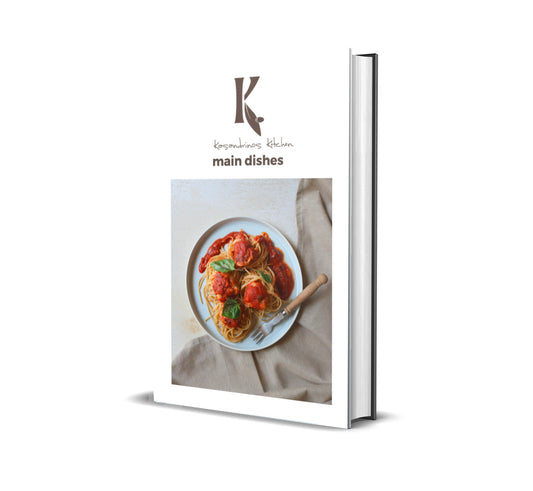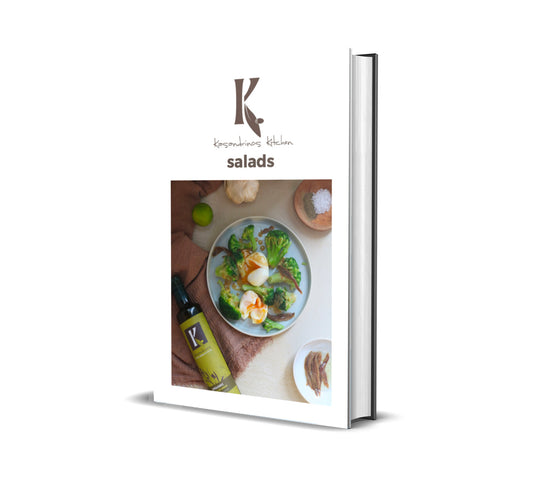We get a lot of questions about organic olive oil, what exactly the term means and the importance of organic farming on a global level. This article dives deep into the world of organic olive oil in the hopes of explaining everything and addressing all your questions to help you become a well-informed consumer. Knowledge is power according to Sir Francis Bacon: “ipsa scientia potestas est”, and we couldn’t agree more.
What is Organic Food?
When it comes to farming any type of edible matter, there are certain methods and standards or production that comply with the term organic. Those may vary on a worldwide level but the general concept is always the same, constant notion: cycle resources, promoting ecological balance, and preserving biodiversity. Organic is the most heavily regulated food system. By restricting the use of certain pesticides and fertilizers in the farming techniques you know that the food that comes to your table is not processed using irradiation, industrial solvents, or synthetic food additives. In most countries, producers need to acquire a special certification to market their food as organic.

Organic VS Natural
As we found out, the labels are quite often misleading and might confuse the average consumer. A food labeled natural is not necessarily organic and the term does not imply that the producer has a certification. Natural foods are usually minimally processed and might contain fewer hormones and antibiotics compared to their conventional equivalent but there's no guarantee.
Organic VS Conventional
It all comes down to the way food is produced: The production methods and each producer’s methods of farming. Man-made pesticides, herbicides, and fertilizers are a no-go when it comes to organic food, including vegetables, fruit, eggs, dairy products or meat. There are no such regulations about conventional food.

Organic Olive Oil
We start with the olives. An accredited organic certifying agency documents and records the way those olive trees grow without chemical fertilizers, pesticides, or other artificial agents. For the olive oil producers that means fewer trees, more work, less production, more struggle to get the trees to grow healthy and strong. But the final product makes up for all the struggle indeed. Olives that have been grown and harvested in an organic manner will give you –the consumer, the highest quality olive oil, packed with god nutrients, rich in healthy fats and antioxidants. Moreover, while you are nourishing your body with all that goodness you feed your egoistic altruism at the same time: You know you are doing your part to save the planet by choosing to make conscious purchases and always opting to support brands and producers that use clean methods of farming. Transparency is key here so anything that looks suspicious is probably good to avoid.
The Bottom Line
There is still a lot of research that needs to be done by the scientific community regarding the health benefits of organic food in general. The health outcome of consuming certified organic produce is yet unclear but as they often have fewer chemicals or preservatives you end up getting more value for your money which translates into more beneficial nutrients and fewer allergens that would possibly trigger your allergies as well. The most important lesson to take away is that you can tell a lot by a brand by the way they market and label their product. If they go through all that trouble, it probably means they care enough to produce and offer a high-quality product, worth adding to your kitchen staples.







